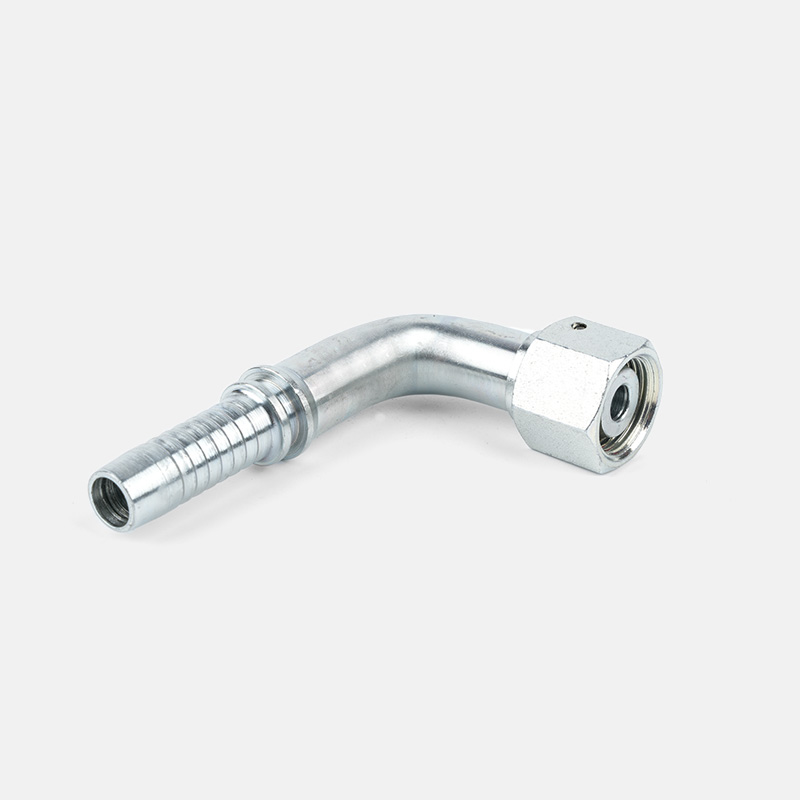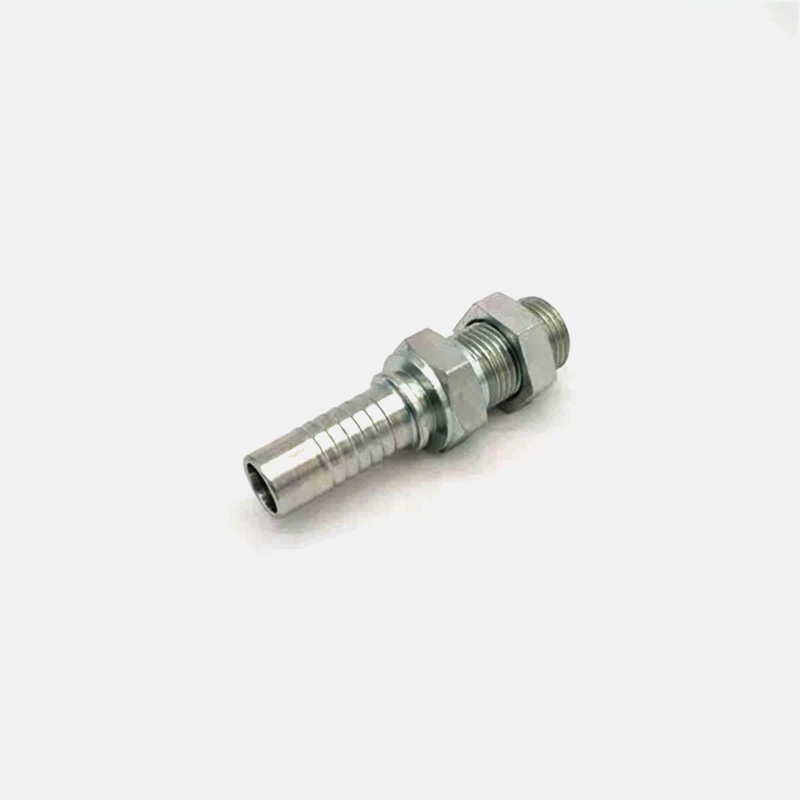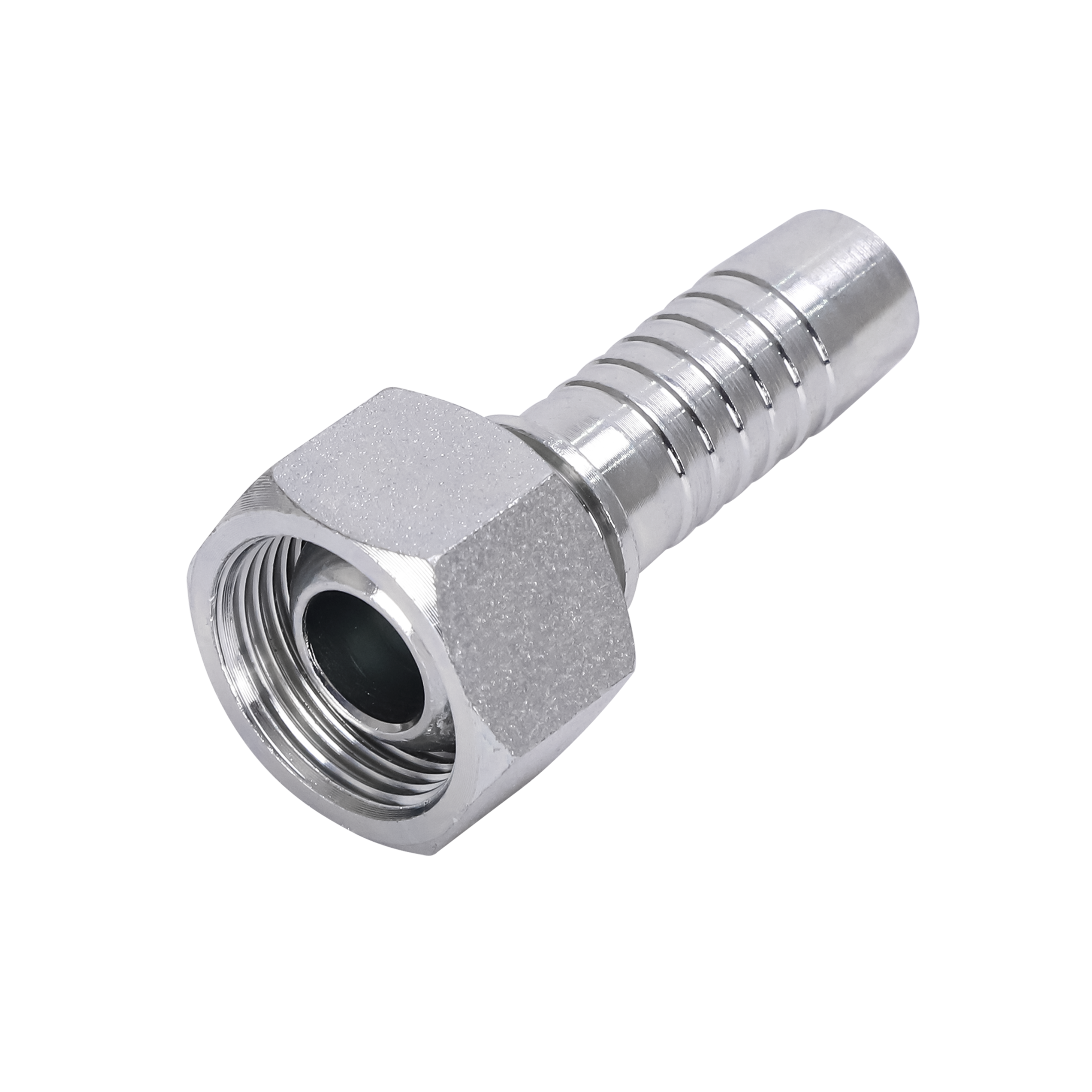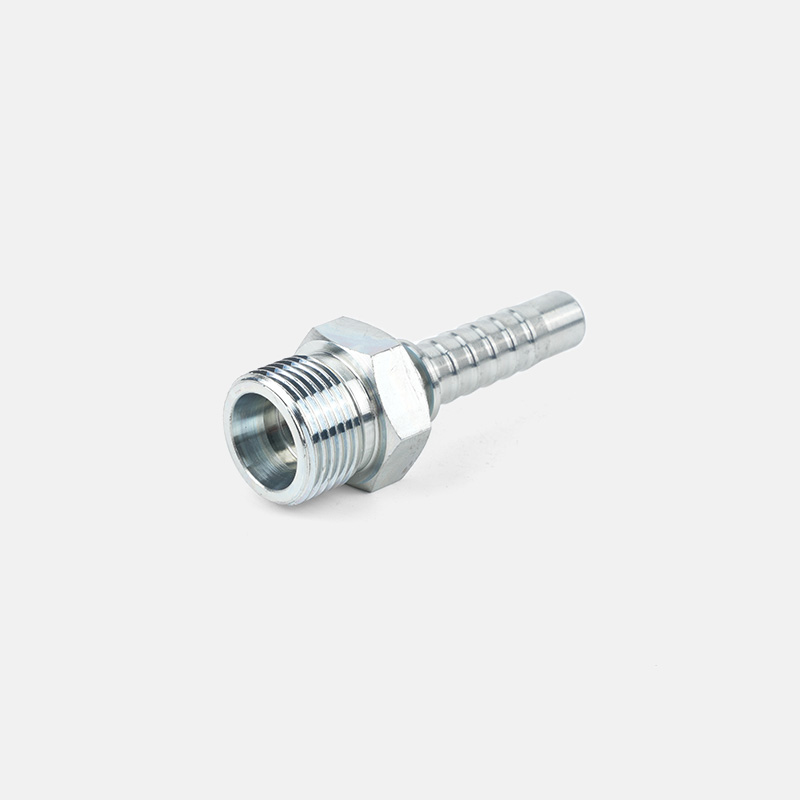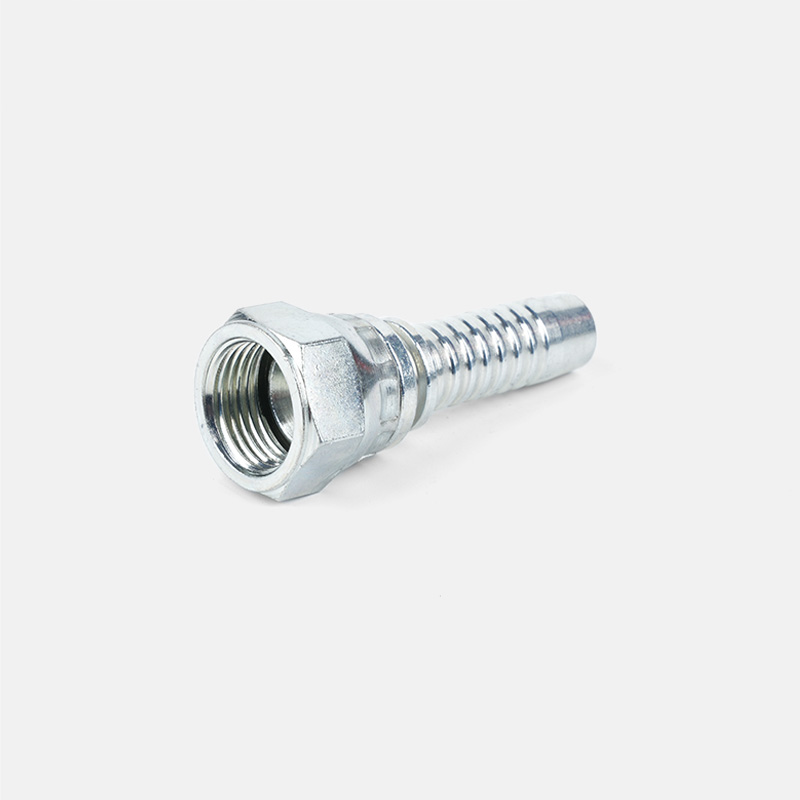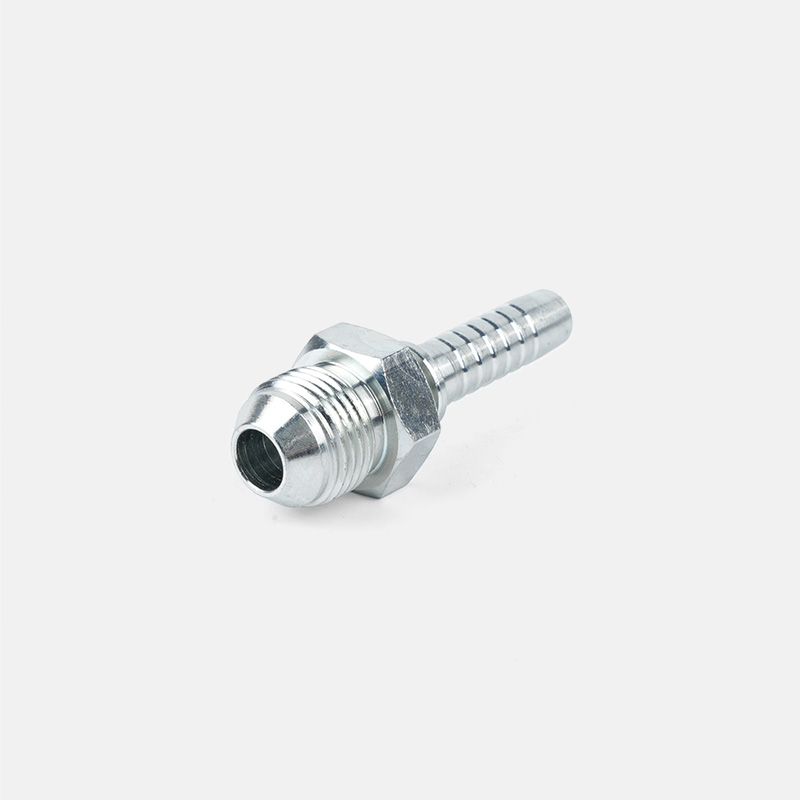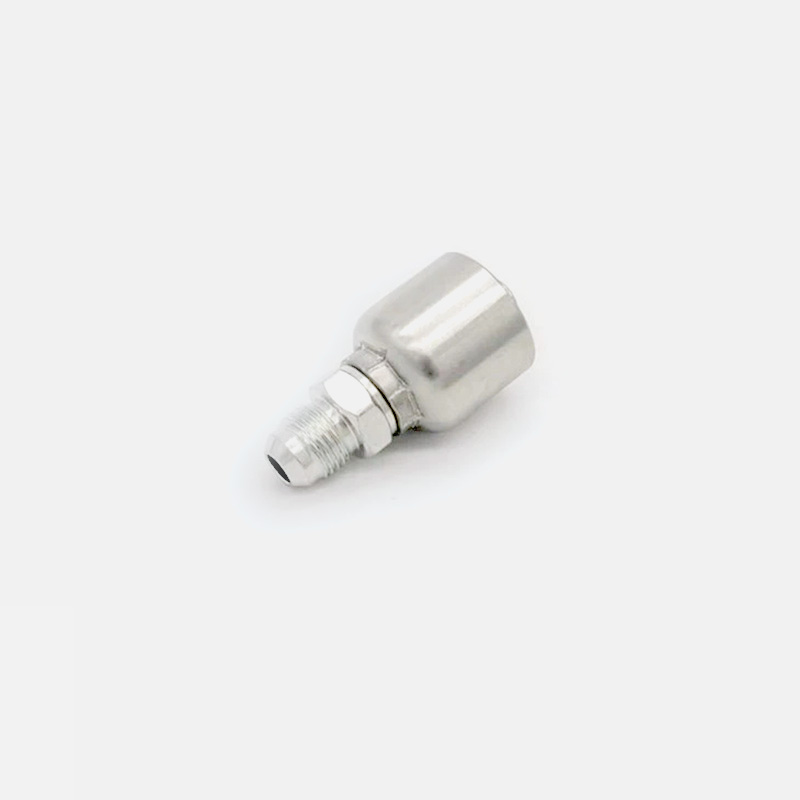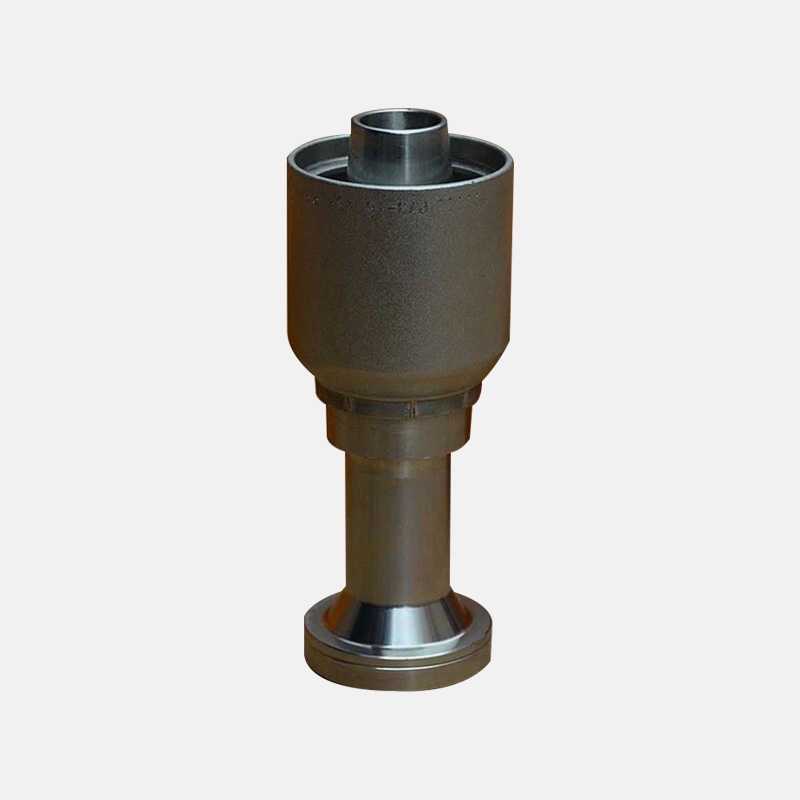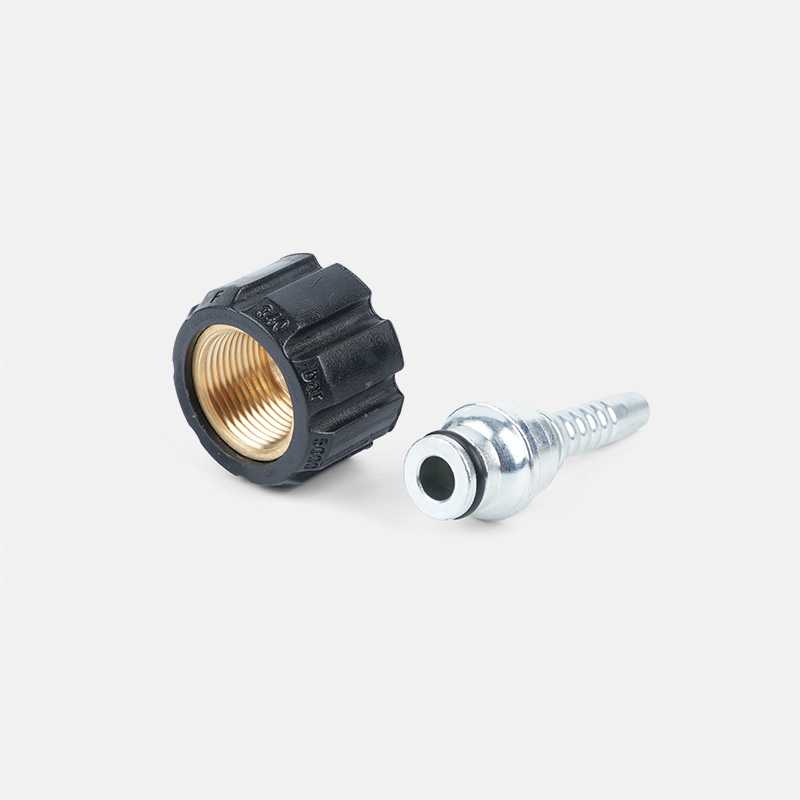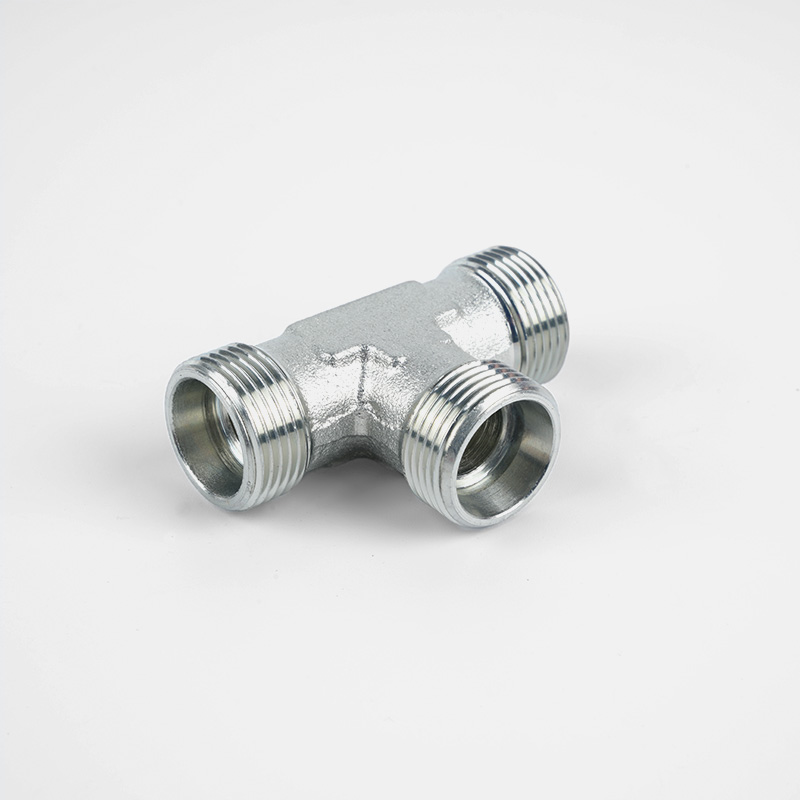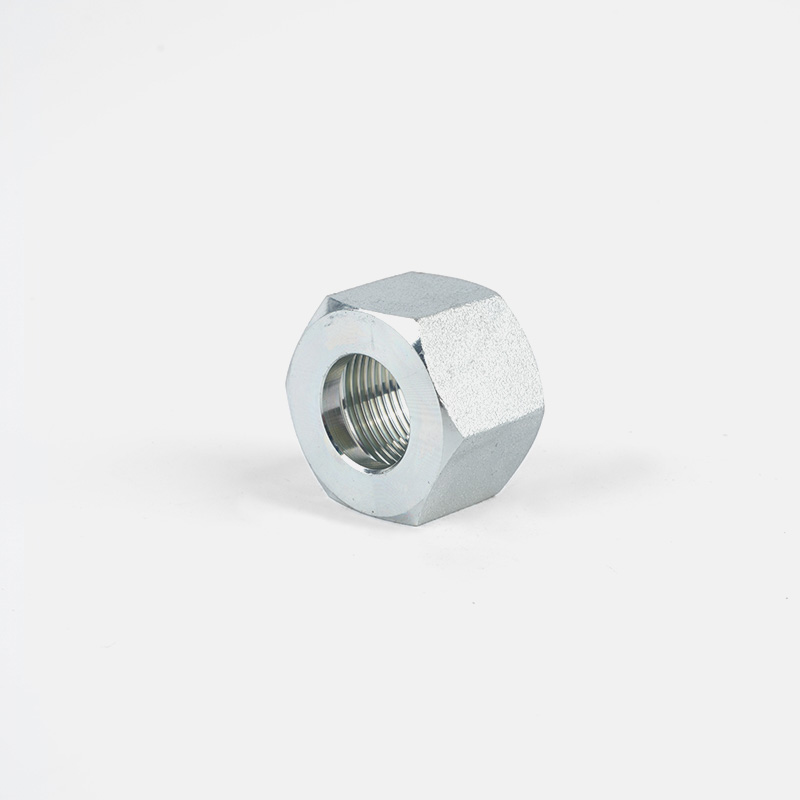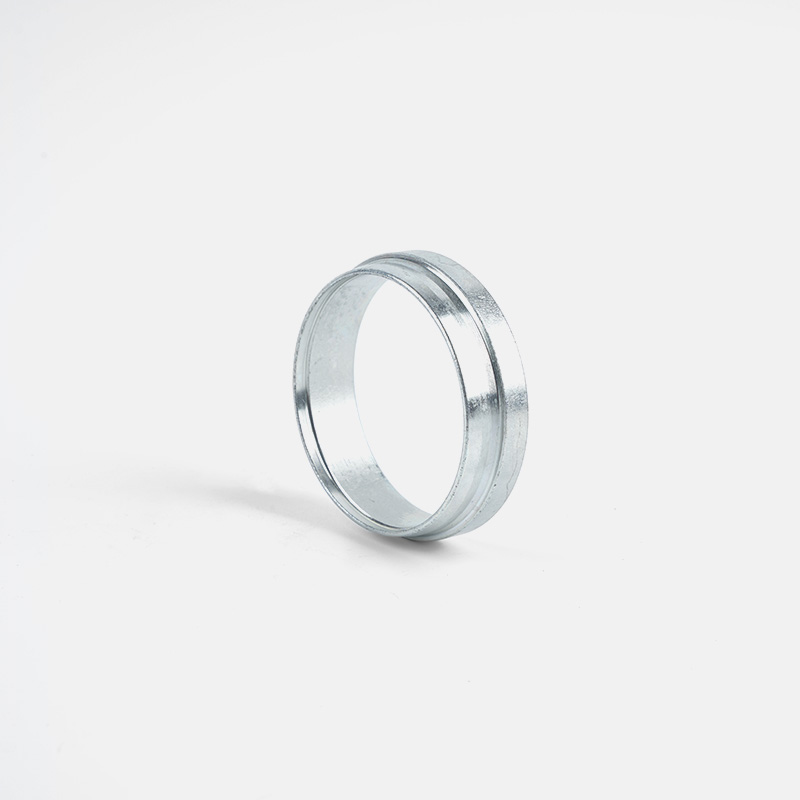Language
ENGHow Can Hydraulic Adapters Help Prevent Leaks in Hydraulic Systems?
 2025.05.05
2025.05.05
 industy news
industy news
Hydraulic systems are integral to many industries, from automotive to manufacturing, and their efficiency is largely dependent on the secure and reliable flow of hydraulic fluid through pipes, hoses, and connectors. One of the most critical components in maintaining the integrity of these systems is the hydraulic adapter. These adapters are designed to connect different parts of the hydraulic system, ensuring that the system operates at its full potential without leakage. The presence of even a small leak can disrupt the entire operation, leading to system failure, loss of fluid, and potential damage to machinery.
Hydraulic adapters are essentially connectors that bridge the gaps between various components of a hydraulic system. These components can include hoses, pipes, fittings, valves, and other machinery parts. The role of hydraulic adapters is to ensure that these different parts are connected securely and that the hydraulic fluid can flow smoothly from one component to another without leakage. The adapters come in various sizes, materials, and designs to cater to different system requirements, ensuring that each connection point is sealed tightly.
One of the primary ways hydraulic adapters prevent leaks is by ensuring proper connections. Adapters are designed to create tight, secure bonds between components, and when matched correctly with the system’s specifications, they eliminate any gaps or looseness that could result in fluid leakage. If an adapter is too small or incompatible with the system, it could lead to a poorly sealed joint, which can easily give way to leaks under the high pressure at which hydraulic systems often operate. Properly fitted hydraulic adapters guarantee that these connections remain intact, allowing for efficient and leak-free operation.
The materials used to manufacture hydraulic adapters also play a significant role in leak prevention. Hydraulic adapters are often made from high-quality metals such as stainless steel, carbon steel, or brass, all of which are durable and resistant to corrosion. The hydraulic fluid that circulates through these systems can sometimes be chemically aggressive or extremely hot, and adapters must be able to withstand these conditions without degrading. Corrosion can weaken the material over time, creating small cracks or gaps where fluid can escape. By using corrosion-resistant materials, hydraulic adapters ensure a long-lasting, leak-proof seal, even in the harshest of conditions. These materials are capable of handling the extreme pressures typically seen in hydraulic systems, further reducing the likelihood of leaks.
Another key feature of hydraulic adapters is their sealing mechanism, which is specifically designed to keep the hydraulic fluid contained. Many adapters are equipped with O-rings or gaskets that are placed at the connection points. These seals are crucial for preventing leaks, as they create a tight barrier between the adapter and the component it is connecting to. When properly installed, these seals are highly effective in maintaining the pressure within the system and preventing fluid from escaping. The effectiveness of these seals depends on the material, design, and installation of the adapter. If the adapter is poorly installed or the seals are worn out, even a small gap can lead to leakage. Therefore, maintaining these seals in good condition is essential for ensuring leak-free operation.
Hydraulic systems are often subject to fluctuating pressures, especially in environments where equipment is used intermittently or under varying load conditions. The pressure within these systems can sometimes exceed the design limits of certain components, which could cause weak connections to fail and lead to leaks. Hydraulic adapters are specifically engineered to handle high pressures, ensuring that the connections remain secure even when the system operates at its maximum capacity. Some hydraulic adapters come with built-in pressure regulation features to help manage the system’s pressure levels, preventing excessive pressure buildup that could potentially cause leaks. It is important to choose adapters that are rated for the specific pressure requirements of your hydraulic system to avoid the risk of failure.


